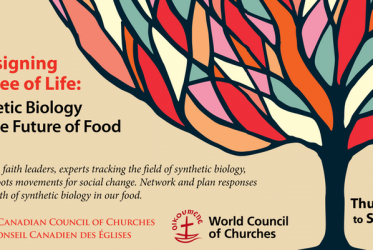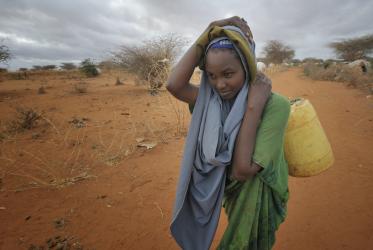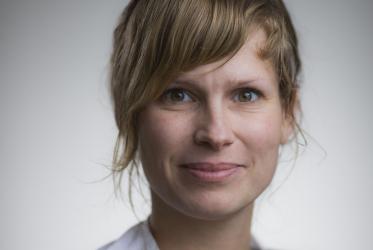Displaying 181 - 200 of 421
11 October 2017
Churches call for urgent action for Cremisan Valley
28 September 2017
Redesigning the Tree of Life: Synthetic Biology and the Future of Food
02 - 04 November 2017
Toronto, Canada
New study lifts up voices of small farmers in Mozambique
24 August 2017
Applications open for WCC Eco-School
10 May 2017







